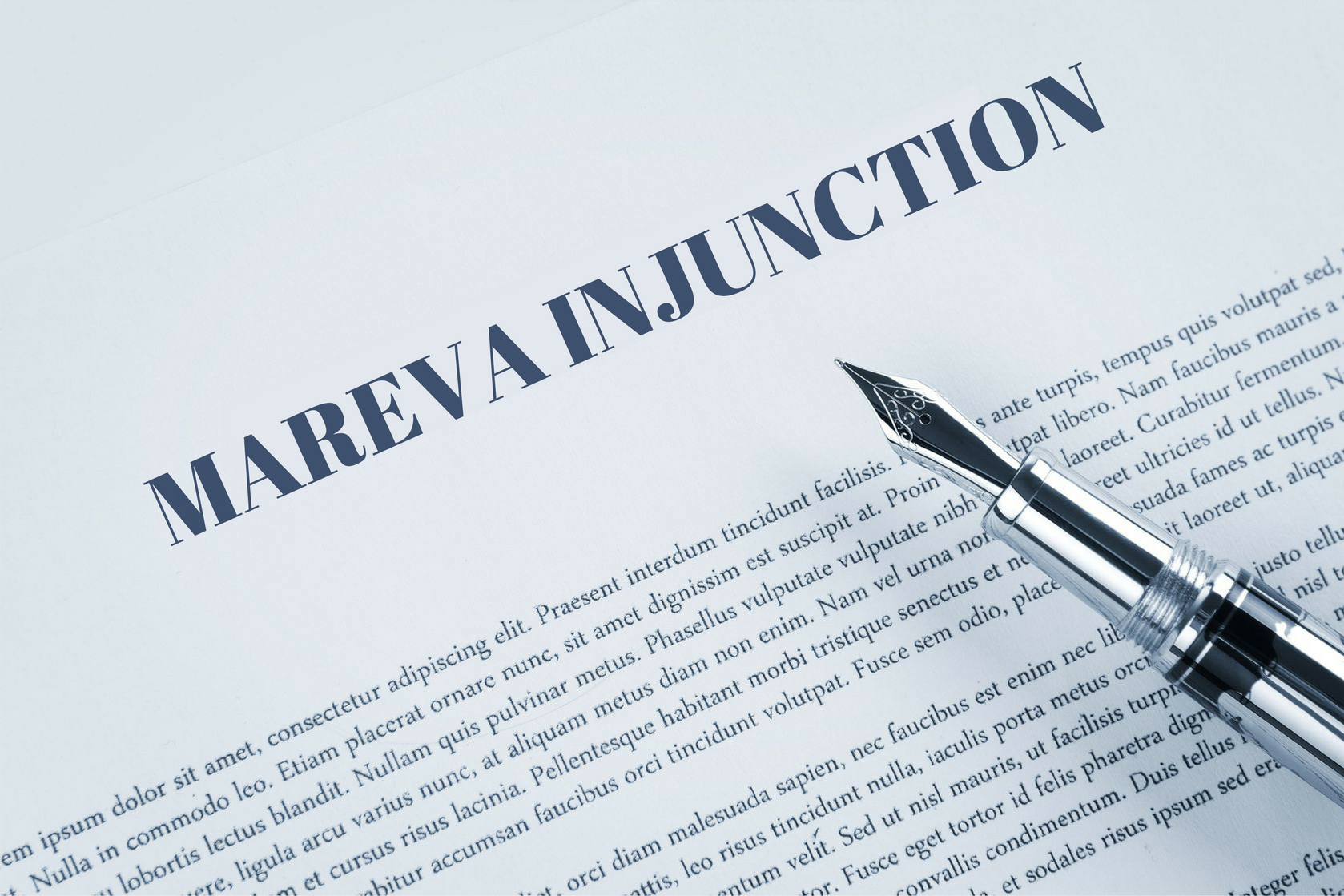Summary
On 7 May 2016, the English Court handed down a judgment which held, as obiter dicta, that a co-defendant who had a claim for contribution against another co-defendant should be entitled to a freezing order against the latter. In reaching this conclusion, the Court considered whether the principle of “clean hands” would prevent the Court from granting the freezing order and, further, whether the co-defendant’s claim for contribution should be considered as a accrued cause of action for the purposing of granting a freezing order.
Background
The facts in Kazakhstan Kagazy plc and others v. Zhunus and others [2016] 4 WLR 89 (“Kazakhstan”) were unusual. While almost in every case it is the Plaintiff who applies for a freezing order (or what is also called a “Mareva Injunction”) against the defendant, in Kazakhstan it was the 2nd Defendant, who had a claim for contribution against the 1st Defendant, applied for a freezing order against the 1st Defendant.
The Claimants in Kazakhstan are a group of companies in Kazakhstan. The 1st, 2nd and 3rd Defendants were respectively the Chairman of the Board, the CEO and Finance Director of the 2nd Claimant. The Claimants’ case was that the Defendants dishonestly caused the Claimants to enter into transactions in which large sums of money were paid to entities owned or controlled by the Defendants, causing substantial financial losses to the Claimants. After the 1st Defendant reached a settlement with the Plaintiff, the 2nd and 3rd Defendants sought for permission to bring a contribution claim against the 1st Defendant under the Civil Liability (Contribution) Act 1978 and the 2nd Defendant also applied for a worldwide freezing injunction against the 1st Defendant.
Decision—"clean hands" and "no accrued cause of action"?
Leggatt J dismissed the application for permission to bring a contribution claim against the 1st Defendant but went on to consider, as obiter dicta, whether the 2nd Defendant was entitled to a freezing order against the 1st Defendant. Such scenario seems to be unprecedented, as the Court observed at paragraph 46 that “the researches of counsel did not identify any report of a case in which a defendant to a fraud claim has asked the court to grant a freezing injunction against a co-defendant”.
On the other hand, the 1st Defendant argued that there was absence of precedent because “the court has no jurisdiction to grant a freezing injunction in support of a cause of action which is contingent only, and that any claim by D2 for contribution from Mr Zhunus (i.e. the 1st Defendant) is and will remain merely contingent unless and until his own liability to the claimants (which he denies) is established” (at paragraph 47). A further argument was raised by the 1st Defendant that, if the 1st Defendant’s contingent liability was established, there would be a finding that the 2nd Defendant acted fraudulently and the Court should refuse to grant a freezing injunction in aid of a claim which was premised on fraud of the applicant.
The Court rejected the argument that because the 2nd Defendant did not have “clean hands” his application should be dismissed. As the headnote of the case succinctly summarises, “the fact that a defendant will only be entitled to recover under a contribution claim against a co-defendant if he, as well as the co-defendant, is found to have acted fraudulently is not in principle a basis for refusing an application by the defendant for a freezing injunction against the co-defendant”.
Further, after considering a line of authorities, the Court held that the Court might not grant a freezing injunction unless the applicant had an accrued cause of action. The 2nd Defendant therefore needed to overcome the question as to whether he had already had an accrued cause of action against the 1st Defendant, bearing in mind that the 1st Defendant might be liable to pay contribution only after it was adjudged that the 2nd Defendant should be liable to the Claimants’ claim. As the 1st Defendant submitted, “as D2 has not been held liable or agreed to pay any compensation to the claimants, he does not have any presently constituted cause of action for contribution against Mr Zhunus, but only a contingent claim. D2 therefore has no basis on which to apply for a freezing injunction” (at paragraph 61).
This further argument of 1st Defendant’s was also rejected by the Court. As the Court concluded at paragraph 75, “once the right to make a claim for contribution under CPR Part 20 has arisen, the cause of action in the relevant sense has accrued and there is nothing to inhibit the court from granting a freezing injunction in aid of the claim in an appropriate case”.
Concluding Remarks
While the above rulings are obiter dicta, following the reasoning in Kazakhstan, it appears that in Hong Kong a claim for contribution under the Civil Liability (Contribution) Ordinance, Cap. 377 (which followed closely the English Civil Liability (Contribution) Act 1978) should constitute an accrued cause of action for the purpose of applying for a Mareva Injunction and, as a result, such a defendant should be entitled to a Mareva Injunction (assuming other criteria are also met) against a co-defendant to whom he has a claim for contribution.






